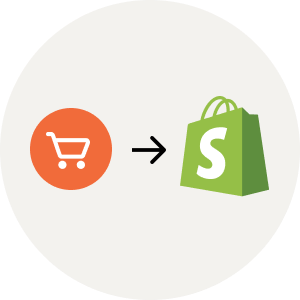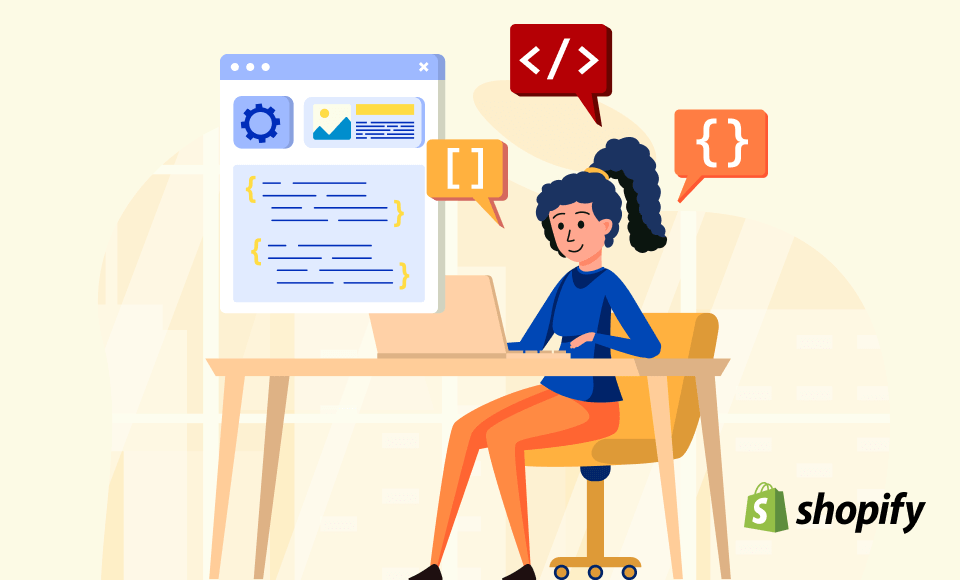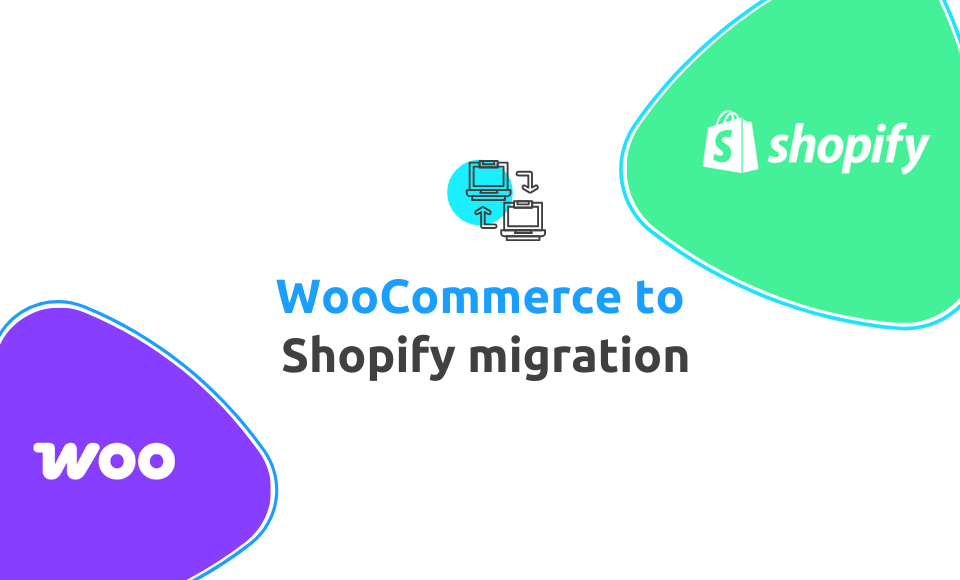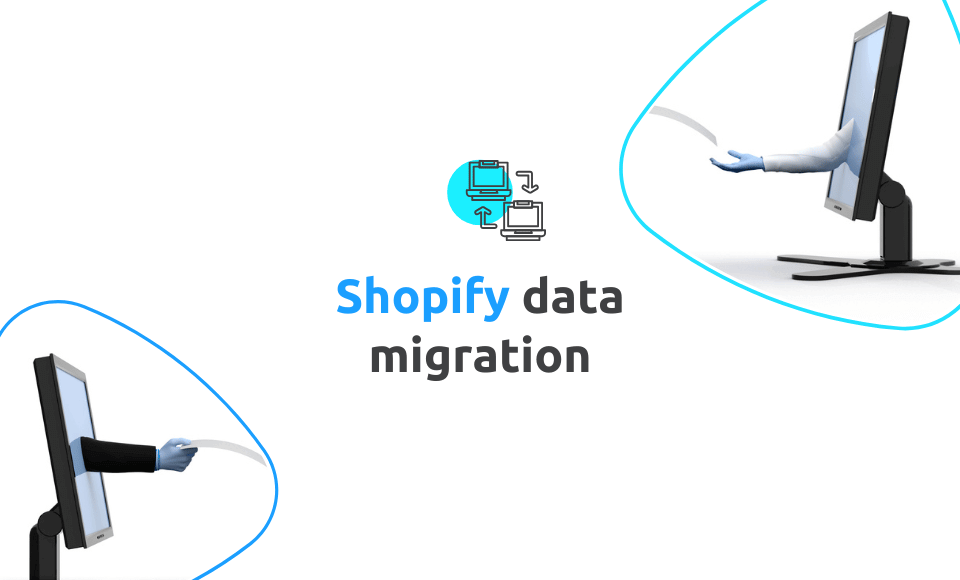Building an e-commerce store is one of the most impactful investments you can make to launch or grow your business online. The Shopify platform has quickly become a top choice for entrepreneurs and brands of all sizes to sell their products.
Shopify accounts for 10% of the global e-commerce software market. The main factors driving its popularity include its simplicity, flexibility, and vast app ecosystem. However, creating a high-converting, on-brand Shopify store requires strategic front-end development and back-end customization skills beyond basic site-building.
That’s where choosing the right Shopify expert comes in. They’ll help you build and design your entire shop from idea to launch or optimize an existing store to increase performance and sales. But with so many options in the market, finding a partner that aligns with your business’s unique vision, budget, and goals can be challenging.
This is why conducting thorough research before selecting your Shopify collaborator is a wise investment – no matter your current stage or requirements. Let’s explore best practices and key factors to evaluate when vetting and choosing your ideal Shopify developer to turn your online retail vision into reality.
1. Clearly define your project scope and objectives
Before assessing developer options, clarify exactly why you need a Shopify expert and the possible benefits of partnering with one. Outline the overarching goals and any pain points for your store in its current state. Determine key objectives such as:
- Do you need a full brand-new store build or optimization of an existing store?
- What are your main reasons for needing a developer – growing sales, improving site speed, enhancing design appeal, integrating apps, or automation?
- What types of custom functionalities, integrations, or advanced features does your ideal store require?
- What technical issues need addressing – layout restrictions, reporting needs, payment gateway problems?
- What’s your timeline and budget for completing this project scope?
Clearly defining these parameters will make conveying your vision and must-haves to potential developers much easier while allowing them to provide more accurate recommendations and quotes.
2. Review developer portfolios and specialties
Once you have a clear sense of your e-commerce store goals and requirements, the next step is researching and comparing Shopify developer options. Start by browsing the portfolios and client samples of each prospective agency or freelancer to gauge their design capabilities and strengths.
Pay attention to the types of stores and functionality they have significant expertise in building. Are they showing expertise relevant to your niche or industry? For example, developers experienced with multi-vendor marketplaces can better meet the needs of those models versus traditional single-merchant stores.
Looking into multiple portfolios will help shortlist candidates with proven design aesthetics and custom development skills that most closely match your specific store vision and goals. This allows you to have more informed, targeted discussions with top prospects about how they can fulfil your needs.
3. Vet developer communication and collaboration process
While technical capabilities are crucial, it’s also important to consider a developer’s work style and communication standards. Ask shortlisted experts to outline their typical development cycles from project scoping and design sprints to launch and post-deployment support. What collaboration tools and project management systems do they use? How often will you meet or get progress updates?
The right developer will have structured processes that remain flexible to cater to your needs, with transparency around timelines. Compare approaches to find alignment with your workflows. Those unwilling to tailor their ways of working to your requirements may not be ideal partners.
4. Compare pricing and services offered
With Shopify developers vetted for relevant expertise, portfolio quality and compatible work processes, the next consideration is cost. Pricing can vary greatly depending on factors like:
- Scope and complexity of customizations
- Level of post-launch support needed
- Geographic location of the developer
- Agency versus freelancer
While cost shouldn’t be the only determining decision point, comparing multiple quotes for the same scoped request can give you reasonable market expectations.
Rather than extreme highs or lows, seek fair fixed cost or hourly rates in line with the value being delivered. Packaged pricing for common core services can offer predictability, while custom quotes allow adjusting for specialized needs.
5. Speak to client references and examples of work
One of the most insightful ways to evaluate Shopify developers is to hear directly from their past and current clients. Read online reviews to get a glimpse of what the developer has to offer.
You can also request access to live store examples relevant to your business from the developer’s portfolio to view and assess firsthand.
Direct client conversations build trust and accountability, letting you determine if glowing testimonials match reality. Make sure to evaluate demonstrated work against your defined benchmarks for design quality, functionality needs, and more from previous sections.
Conclusion
Selecting the right Shopify developer to create, optimize, or customize your Shopify store is one of the most pivotal investments. It’ll help you take advantage of the platform’s potential to scale your e-commerce success. While the search and vetting process may seem extensive, taking the time upfront to find an aligned expert partner saves significant time, money and headaches in the long run.








Leave a comment
This site is protected by hCaptcha and the hCaptcha Privacy Policy and Terms of Service apply.